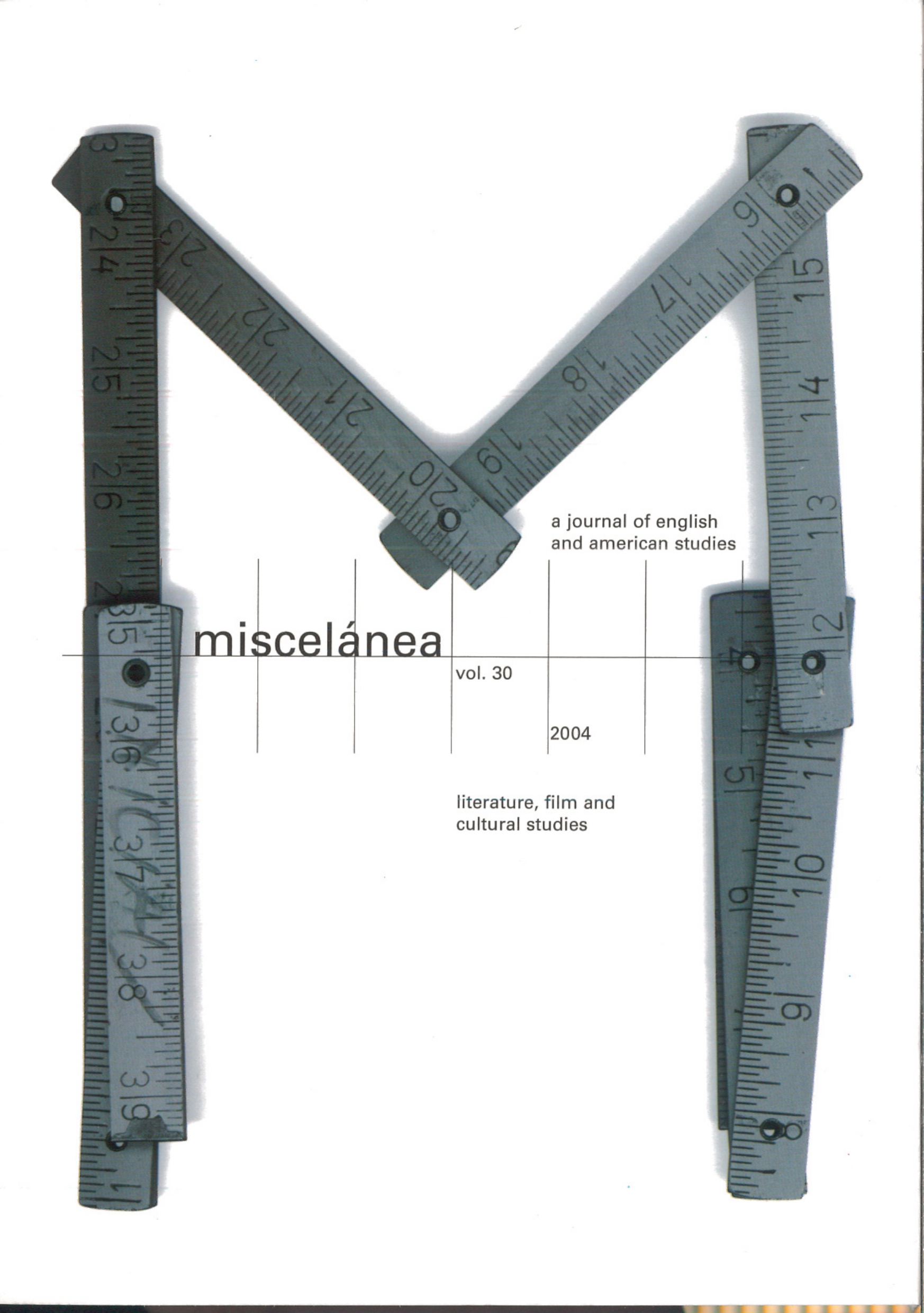Europa in Wonderland: Gobling Market or Sappho's Gymnasium
DOI:
https://doi.org/10.26754/ojs_misc/mj.200410128Keywords:
Education, Eros, Greece, Question, UniversityAbstract
Europa, the ‘godmother’ of Europe, operates as a hostess and ‘instructor’ in the diachronic journey over the European pedagogic landscape that is attempted in this presentation, initiating us into an adventure in the educational wonderland which begins at the topos of her ‘adopted’ country: Greece. Taking for granted that for the Greeks education was based on a profound relationship between two people, one young and the other mature, who was at once model, guide and initiator, and moreover that it adopted a cult of the Muses seeking wisdom through an aesthetic and ‘erotic’ approach to life, Sappho and Socrates are introduced as paradigms of the Greek system of schooling. Socrates’ educational ‘opponents’, the Sophists, are seen as the founders of utilitarianism, forerunners of the modern commercialism of education.
Christina Rossetti’s poem Goblin Market is used (because of its multi-layered title suggesting the triumph of a ‘commodity’ morality) as the bridge to carry us to the present condition of the European university. Tracing the steps that have led to the formation of the European Higher Education Area, the presentation highlights the gradual transformation of education from a public ‘good’ to a marketable ‘product’. Attending to voices of dissent (expressed by members of ESSE) and setting the whole problem in a larger philosophical context, we can hear a Socratic echo in Heidegger, Gadamer, and Derrida who profess the ‘questioning’ attitude as the only form of knowledge. Hoping that ‘memory’ may reveal forgotten signs from the past to guide us through the schizoid split tormenting today’s academy, we return with Olga Broumas to “Sappho’s Gymnasium” lest that ‘maternal’ presence may give/be the answer.
Downloads
References
BARKAN, Leonard. 1986. The Gods Made Flesh: Metamorphosis and the Pursuit of Paganism. New Haven and London: Yale U. P.
BEAUVOIR, Simone de. 1960. The Second Sex. London: New English Library.
BOITANI, Piero. 1994. “The ECU”. The European English Messenger 3 (1) (Spring 1994): 55-59.
BONHEIM, Helmut. 1998. “The President’s Column”. The European English Messenger 7 (2) (Autumn 1998): 4-5.
BROUMAS, Olga. 1999. Rave: Poems 1975-1999. Port Townsend: Copper Canyon Press.
CARROLL, Lewis. 1946. Alice’s Adventures in Wonderland & Through the Looking Glass. Harmondsworth: Puffin Books.
CASTLEDEN, Rodney. 1990. Minoans: Life in Bronze Age Crete. London and New York: Routledge.
CLARK, Robert. 2003. “English Studies and the Current Crisis. Or; The Condition of the Subject and the War in Iraq”. The European English Messenger 12 (2) (Autumn 2003): 46-49.
DERRIDA, Jacques. 1983. “The Principle of Reason: The University in the Eyes of its Pupils”. Diacritics 13/3 (Autumn 1983): 2-20.
—. 1989. Of Spirit: Heidegger and the Question. Trans. G. Bennington and R. Bowlby. Chicago and London: The University of Chicago Press.
ELIOT, T.S. 1954. Selected Poems. London: Faber and Faber.
GADAMER, Hans-Georg. 1975. Truth and Method. Trans. W. Glen-Doepel. London: Sheed and Ward.
GADON, Elinor W. 1989. The Once and Future Goddess: A Sweeping Visual Chronicle of the Sacred Female and Her Reemergence in the
Cultural Mythology of Our Time. San Francisco: Harper.
GIMBUTAS, Marija. 1989. The Language of the Goddess: Unearthing the Hidden Symbols of Western Civilization. San Francisco: Harper.
HABERER, Adolfe. 2002. “The President’s Column”. The European English Messenger 11 (1) (Spring 2002): 2-6.
HAWKES, Jacquetta. 1968. Dawn of the Gods. London: Chatto and Windus.
HEANY, Seamus. 2001. “Time and Again: Poetry and The Millenium”. The European English Messenger 10 (2) (Autumn 2001): 19-23. HEIDEGGER, Martin. 1975. “The Principle of Ground” [Lecture given in October 1956 at the University of Vienna]. Trans. K. Hoeller. Man and World: An International Philosophical Review (1975): 207-22.
—. 1977. The Question Concerning Technology and Other Essays. Trans. W. Lovitt. New York: Harper and Row.
—. 1985. “The Self-assertion of the German University: Address, Delivered on the Solemn Assumption of the Rectorate of the University Freiburg”. Trans. K. Harries. The Review of Metaphysics 38 (March 1985): 467-81.
HELSINGER, Elizabeth K. 1995. “Consumer Power and the Utopia of Desire: Christina Rossetti’s ‘Goblin Market’”. In Bristow, Joseph. (ed.). Victorian Women Poets: Emily Brontë, Elizabeth Barrett Browning, Christina Rossetti. London: Macmillan: 189-222.
HOLT, Terrence. 1996. “‘Men sell not such in any town’: Exchange in Goblin Market”. In Leighton, Angela. (ed.). Victorian Women Poets: A Critical Reader. Oxford: Blackwell: 131-47.
KRISTEVA, Julia. 1984. Revolution in Poetic Language. Trans. M. Waller. New York: Columbia U. P.
Magna Charta Universitatum. 1998. Bologna, 18 September 1998.
MARROU, H. I. 1956. A History of Education in Antiquity. Trans. G. Lamb. London: Sheed and Ward.
MOSCHUS. 1953. The Greek Bucolic Poets. Trans. A. S. F. Gow. Hamden, Conn.: Archon Books.
PLATO. 1961. The Collected Dialogues of Plato. Ed. E. Hamilton and H. Cairns. Princeton: Princeton U. P.
POLITI, Jina. 2003. “Requiem for a Clerk”. The European English Messenger 12 (2) (Autumn 2003): 67-70.
Realising the European Higher Education Area. 2003. Communiqué of the Conference of Ministers responsible for Higher Education, Berlin, 19th September 2003.
ROSSETTI, Christina. 1979. The Complete Poems of Christina Rossetti. Ed. R.W. Crump. Baton Rouge and London: Louisiana State U. P.
SAPPHO. 1982. Greek Lyric: Sappho, Alcaeus. Vol. I. Trans. D. A. Campbell. The Loeb Classical Library. Cambridge, Mass. and London: William Heinemann.
STONE, Merlin. 1976. When God Was a Woman. San Diego: Harcourt Brace Jovanovich. The European Higher Education Area. 1999.
Joint Declaration of the European Ministers of Education, Bologna, 19th June 1999. The Role of Universities in a Europe of Knowledge. 2003. Communication from the Commission of European Communities, Brussells 05.02.2003.
Towards the European Higher Education Area. 2001. Communiqué of the Meeting of European Ministers in charge of Higher Education, Prague, 19th May 2001.
Downloads
Published
How to Cite
Issue
Section
License

This work is licensed under a Creative Commons Attribution-NonCommercial 4.0 International License.


